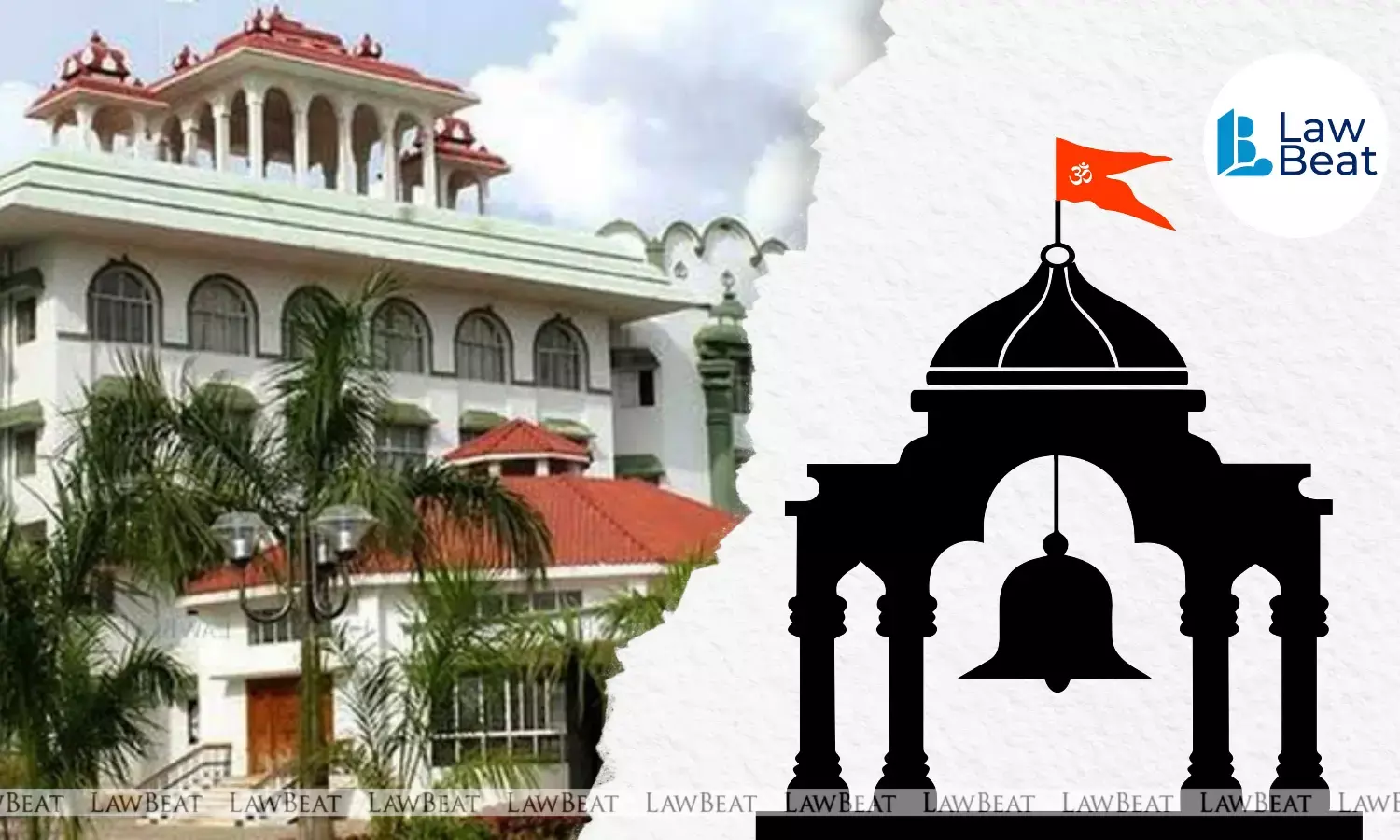Temple Funds for Temples Only, Not Govt Projects: Madras High Court

The Madras High Court has quashed five government orders that sanctioned the construction of marriage halls using temple funds. Court held that such utilisation was outside the scope of the Hindu Religious and Charitable Endowments (HR&CE) Act, 1959 and amounted to a misdirection of devotees’ contributions.
A division bench of Justice S.M. Subramaniam and Justice G. Arul Murugan delivered the judgment on August 19 while allowing writ petitions filed by Rama Ravikumar. The petitions challenged government orders passed between 2023 and 2025 authorising construction of halls in temple lands belonging to five shrines, including the famed Arulmigu Dhandayuthapani Swami Devasthanam at Palani.
In the budget session, Hindu Religious and Charitable Endowments Minister P.K. Sekarbabu announced in the Assembly that the government planned to build marriage halls in 27 temples at a cost of Rs. 80 crore from surplus temple funds, with the halls to be rented out.
The petitioner argued that temple resources cannot be diverted for commercial ventures such as letting out halls on rent. He stressed that the HR&CE Act only permits spending on religious or charitable purposes, such as temple maintenance, festivals, feeding the poor, and financial support for needy devotees. It was further contended that the projects lacked statutory approvals, would reduce space available for devotees, and in some cases involved diverting funds to build halls more than 100 kilometres away from the contributing temple.
The State defended its decision, claiming that marriage is a religious activity and the halls would allow Hindus to conduct weddings at a lower cost. The Additional Advocate General submitted that temple loans would be repaid as per rules and permissions were in the process of being obtained.
Rejecting these submissions, the bench held that marriage, though a sacred union, could not by itself be considered a religious purpose under the law. It emphasised that the element of charity was absent since the halls were meant to be rented out for a fee. Court observed that donors and devotees contribute funds, jewellery and properties to temples with the expectation that they would be used for the maintenance of the shrine and related religious functions, not for government-driven commercial projects.
The bench pointed out that statutory safeguards under the Utilisation of Surplus Funds Rules, 1960 were bypassed. These rules mandate a transparent process involving proposals, public objections, inquiries, and strict limits on how much surplus can be diverted. “Temple funds cannot be treated as public funds or government funds,” the bench said, holding that the money legally belongs to the deity, who is considered a minor in law, and the court has a parens patriae duty to safeguard it.
The order also cited earlier precedents, including a 2025 Supreme Court decision affirming that temple funds cannot be used for shopping complexes, to underline that commercial activities lie outside the scope of “religious purposes” under the Act.
Declaring the government orders “illegal and unconstitutional,” court quashed all five. It also directed that any misuse of temple resources must be recovered from responsible officials.
Case Title: Rama.Ravikumar vs State of Tamil Nadu and Others
Order Date: August 19, 2025
Bench: Justice S.M. Subramaniam and Justice G. Arul Murugan
